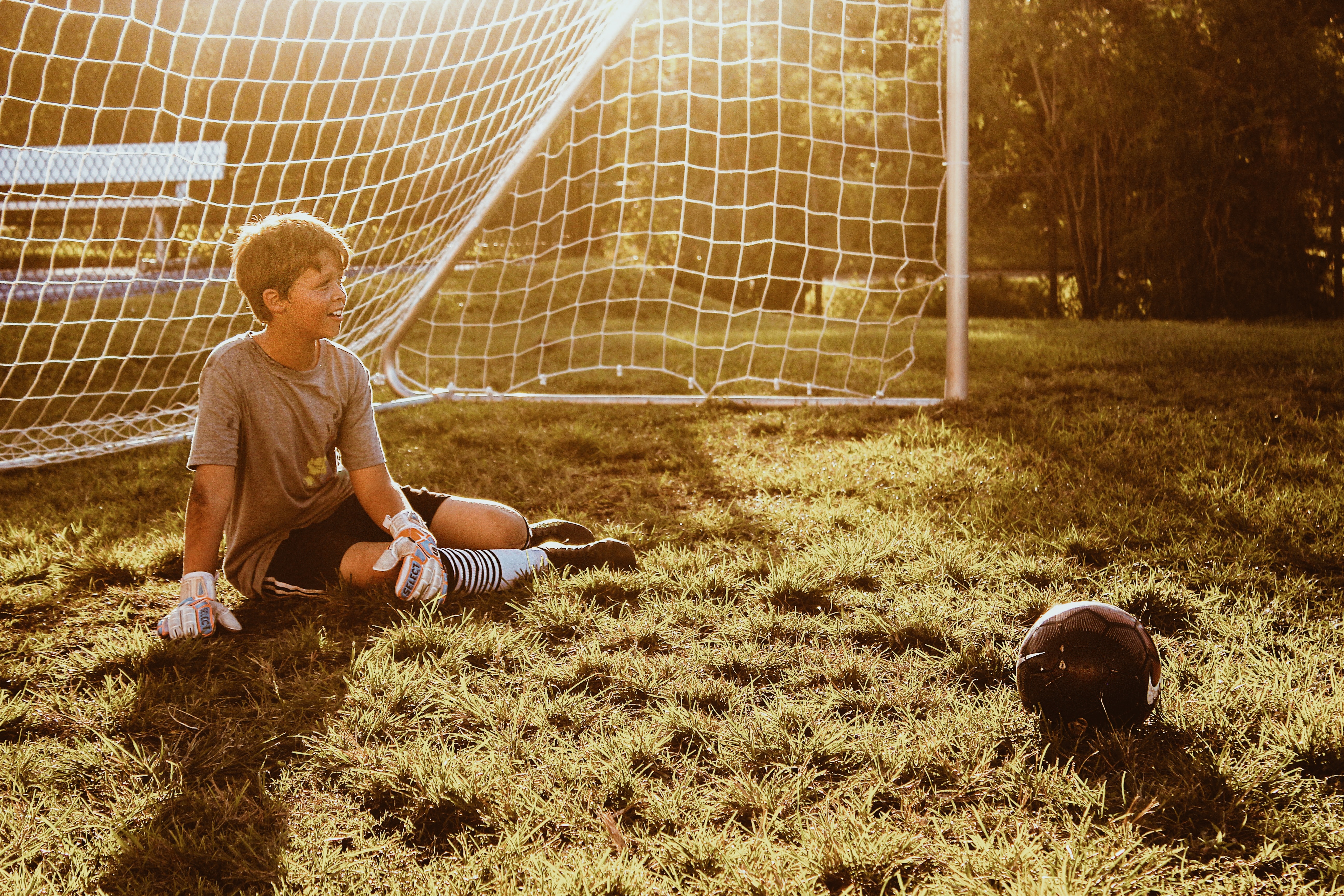A few years back, the National Alliance for Youth Sports came out with a surprising statistic.
According to their research, 70% of US kids quit sports by the age of 13.
How can this be?
In a country where the opportunities to participate in youth sports are endless and the pursuit of athletic achievement is celebrated everywhere, it is hard to understand why there is such a large dropout rate.
The poll taken by the Alliance cited that the #1 reason for athletes leaving sports by 13 was, “It’s no longer fun.”
Most of us initially convince our kids that playing a sport will be fun. In fact, for the majority of young kids, the “fun” part is the main attraction.
As they age, and sports become a bit more competitive, they enter into the next stage of the sports journey – the technical phase. In it, coaches and parents begin focusing on fine-tuning the skills needed to get better and compete at higher levels.
Doing sport “for fun” seems to get left in the dust.
Unfortunately, this phase often ends up replacing all the enjoyment with hard work.
This can be a discouraging time for kids and so it shouldn’t be surprising that many choose to leave their sport and never get the opportunity to enter into the third phase of the sports journey – mastery.
The elite athletes have to wade through the hard work to reach this last phase but ironically, once there, much of the hard work becomes fun again. At this point, they are reaping what they have sown.
Increasing the chances of your young athlete reaching the elite level phase is about making sure the hard work goes hand-in-hand with the many fun aspects of team participation.
Here are three ways coaches can keep it fun.
Variety in Practice
We have all heard “practice makes perfect,” or “perfect practice makes perfect.”
In either case, it seems that repetition is the key to muscle memory – which allows us to respond quickly when executing a skill.
However, it is the repetition that can seem so boring to kids.
Coaches that find ways to mix it up can keep kids engaged longer. The basics do have to be repeated regularly but it is important to be creative and strive for variety in every practice.
These variables can be changed up daily so that each practice looks and feels different:
- Shorter sessions
- Bursts of intensity
- Long and easy
- Slow and steady
- Mostly drills
- Friendly team scrimmages
Introduce Games
The art of distraction can be a coach’s best friend.
If he can get his athletes focused on creative games during practice they might actually get work accomplished without noticing it.
The types of games will obviously vary from sport to sport but here are some ideas to get your creative juices flowing:
- Keep score in funny or silly ways
- “Handicap” some people on the team
- Keep drills fast-paced
- Allow a different athlete to “play” assistant coach for each practice
Create Your Own Team Labels and Catchphrases
Language is powerful.
Whenever a group of people – either a team, office, school, or family – has their own set of special names, labels, or slogans, a connection is created that is unique and enduring to the group.
Coaches bring back the fun when they create their own catchphrases or slogans for the team. They can give things funny names or create their own lingo for a certain technique they want the athletes to stay focused on.
Using metaphors that are outside of sport to bring meaning inside the sport is another way to keep things more interesting.
Once again it requires some creativity, but the mileage a coach can get out of special language is worth the effort.
Here are some examples that you might have heard of:
- Surrender the ME for the WE
- There is no “I” in teamwork
- This is a No Drama Zone
- Handle your man
- Teamwork makes the dream work
- We are family
- Ready to rumble
- Forty for Sixty
Fun For the Long Haul
It’s important, as coaches and parents, we don’t forget the promise we originally made, “This is going to be so much fun.” Obviously, with competition, there will be work involved, but we should not expect our kids to treat their sport like a job.
Keeping it fun involves small, creative tweaks that benefit the whole team. When fun is viewed as one of the priorities in sport participation, more kids will stick to their sport for the long haul.


